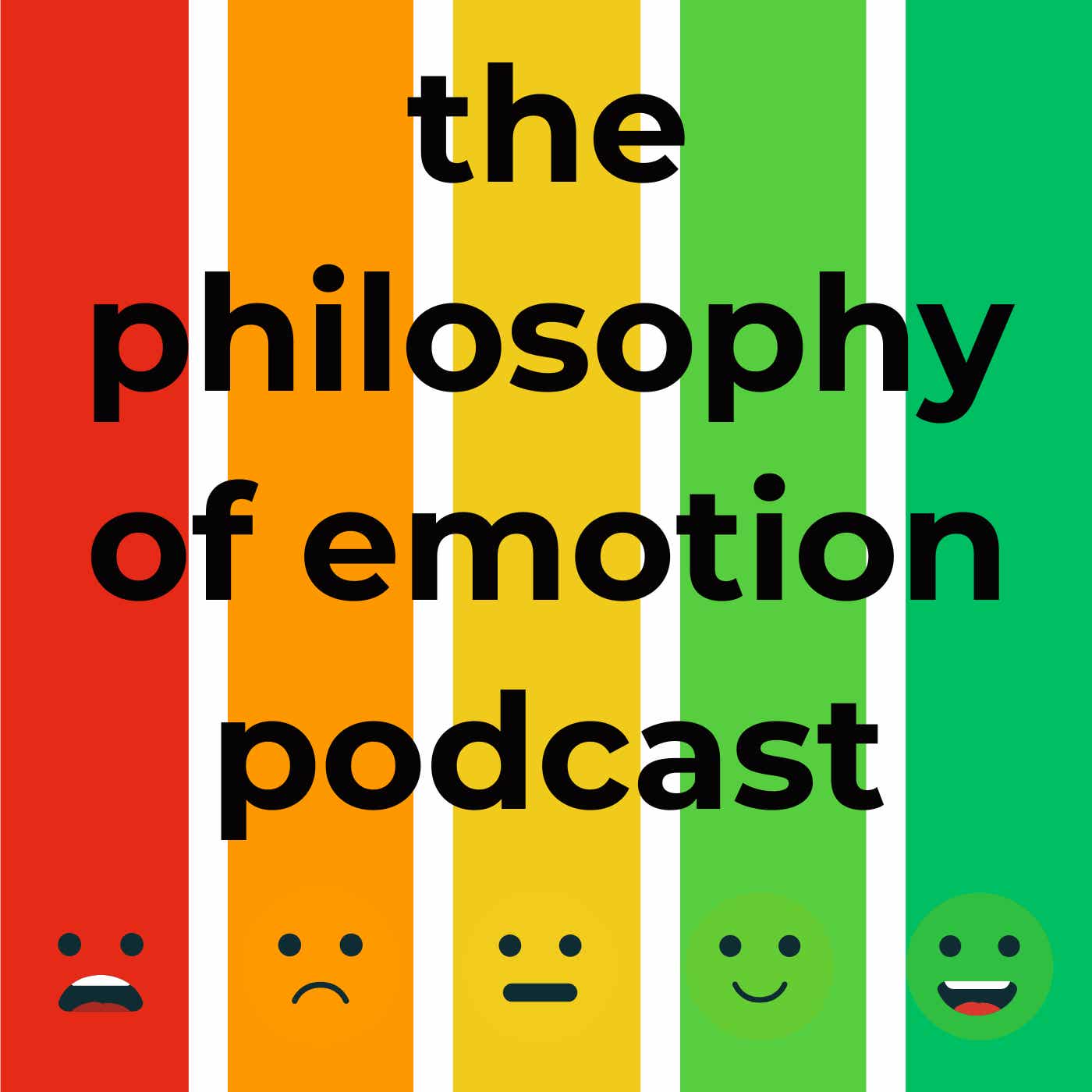The Philosophy of Emotion Podcast

The Philosophy of Emotion Podcast
Podcast Description
A podcast about the philosophy of emotion. Hosted by Benjamin Matheson and Constant Bonard. thecogsproject.substack.com
Podcast Insights
Content Themes
The podcast focuses on the intersection of emotional philosophy, ethics, and human experience. Content themes include the nature of various emotions, ethical implications of emotional responses, and specific topics such as amusement, moral psychology, and identity. For instance, the first episode features Professor David Shoemaker discussing amusement and its complexities including how it affects social interactions and its ethical dimensions.

A podcast about the philosophy of emotion. Hosted by Benjamin Matheson and Constant Bonard.
Recorded in person, Constant Bonard speaks with Professor Emanuela Ceva (University of Geneva). Her work invites us to rethink institutions not just as systems of rules, but as spaces shaped by human emotions and personal identities. What happens when those affective dimensions are ignored by institutions? And what changes when we put them at the center? These are some of the questions addressed in her article “The Mixed Affective Fabric of Institutional Dysfunctions: A Human-Centered View” about which we’ll discuss in this episode.
Read more about Emanuela and her work:
https://www.unige.ch/cisa/center/members/ceva-emanuela/
https://philpeople.org/profiles/emanuela-ceva
https://www.unige.ch/sciences-societe/speri/membres/professeures-et-professeurs/emanuela-ceva/
This is a public episode. If you would like to discuss this with other subscribers or get access to bonus episodes, visit thecogsproject.substack.com

Disclaimer
This podcast’s information is provided for general reference and was obtained from publicly accessible sources. The Podcast Collaborative neither produces nor verifies the content, accuracy, or suitability of this podcast. Views and opinions belong solely to the podcast creators and guests.
For a complete disclaimer, please see our Full Disclaimer on the archive page. The Podcast Collaborative bears no responsibility for the podcast’s themes, language, or overall content. Listener discretion is advised. Read our Terms of Use and Privacy Policy for more details.